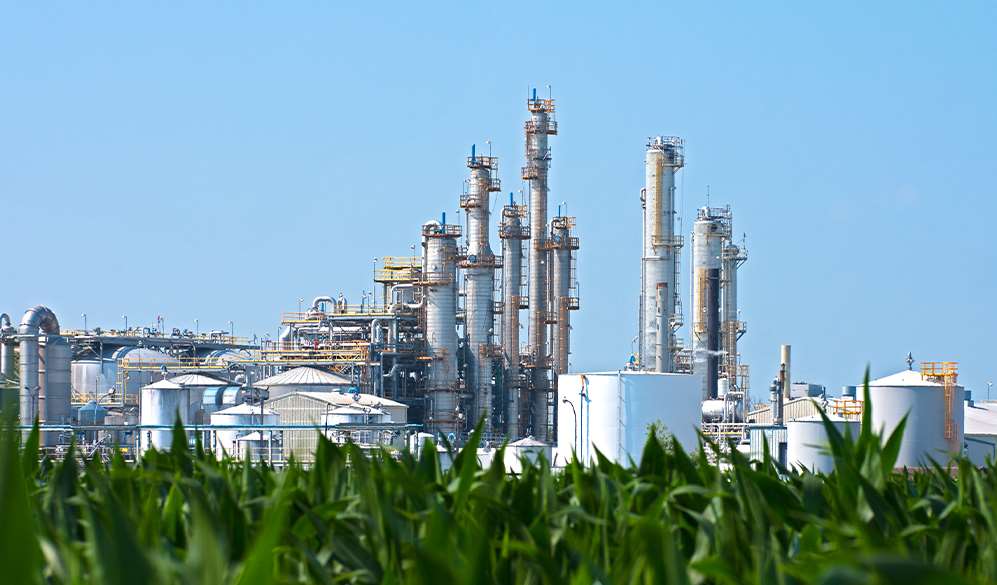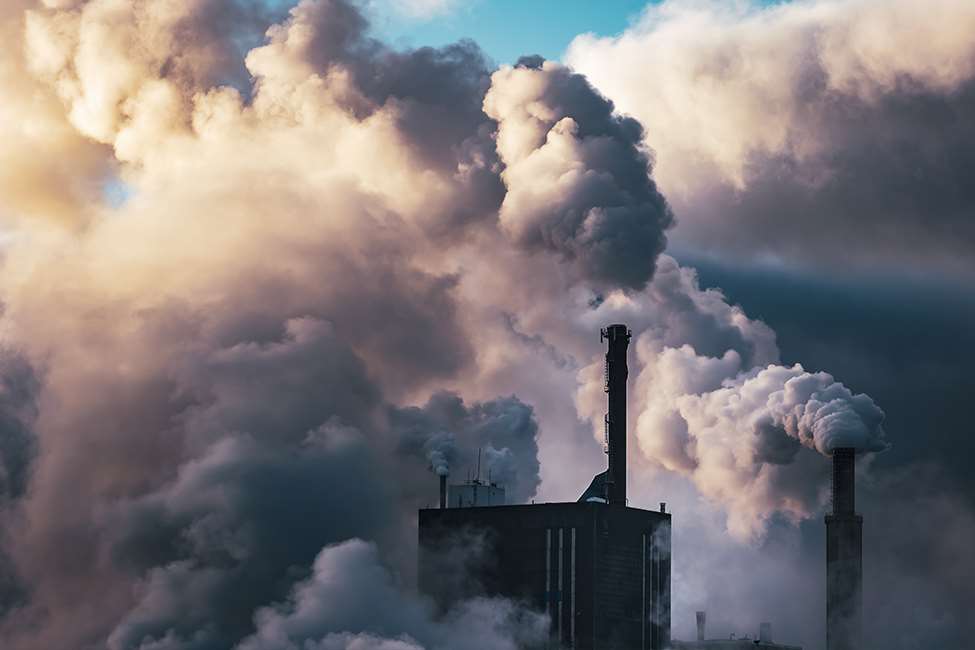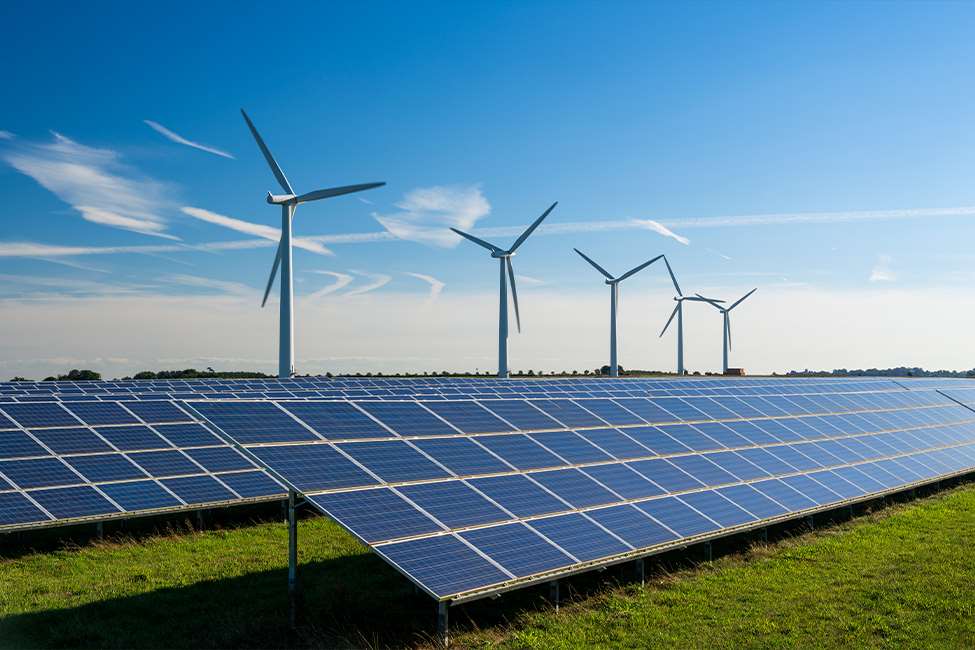– Focus – Decarbonizing the transportation sector


Decarbonizing the transportation sector
Sulzer is helping to decarbonize the transportation sector by working with its partners and customers to develop and produce renewable, low-carbon fuels. By mimicking the highly useful properties of oil-based fuels but with a far lower carbon cost, these biofuels will be a central pillar of global strategies to decarbonize the fast-growing transportation sector.
Transportation has long been identified as one of the most challenging sectors to decarbonize. Statista estimates that the transportation sector accounts for 17% of total global greenhouse gas emissions, behind only the power sector, with this number expected to rise in the coming years1.
How to decarbonize this growing sector represents a key challenge, heavily reliant on new and emerging technologies and huge shifts in infrastructure across the world. However, the transportation sector is far from homogenous, with different areas of the sector requiring different solutions.
The easiest piece of the puzzle is light transportation – for cars, light trucks and two-wheeled vehicles, the transition is already well underway. This is because these vehicles are smaller, they carry lighter loads, and they generally have frequent opportunities to refuel. This means that energy density (the amount of energy contained in a certain weight and volume) becomes less important, paving the way for alternative on-board energy storage like batteries or hydrogen fuel cells. The International Energy Agency estimates that there will be 125 million electric vehicles on the roads by 2030 and that oil demand from light vehicles will peak in the early 2020s2, despite growing numbers of total vehicles on the roads. Here you can read more about Sulzer’s contribution to lithium extraction and battery manufacturing, helping to enable the widespread adoption of EVs across the globe.
By far the bigger problem is how to decarbonize heavy transportation – ships, planes and heavy goods vehicles. There is a good reason why oil-based fuels have come to dominate our transportation sector – it is because their high energy density makes them the ideal fuel to carry heavy loads over long distances. The energy density of batteries is orders of magnitude lower than petroleum fuels, effectively ruling them out as a viable option to power larger vehicles over long distances. Put simply, batteries are too heavy and store too little energy relative to their weight for them to be used to transport passenger or cargo planes or ships over thousands of kilometers. Moreover, petroleum fuels’ liquid form means that they are far easier to transport to the point of use than energy stored in electricity, which requires significant infrastructure to transport.
For heavy transportation, there is therefore only one viable alternative – low-carbon fuels that mimic the highly useful characteristics of petroleum fuels in terms of energy density and ease of transportation. Biofuels and synthetic fuels show the most promise, as these fuels can be engineered to deliver the properties of petroleum fuels necessary to power heavy transportation, while producing a fraction of the carbon emissions. Sustainable aviation fuels (SAF), for example, can reduce carbon emissions by up to 85% versus their petroleum-based alternatives.
Enabling production at two of the world’s largest biofuel facilities
In 2022, Sulzer was selected by Shell to supply pumps for its major new biofuel facility under construction in Rotterdam, the Netherlands. Expected to become one of the largest biofuels production sites in Europe, the Shell Energy and Chemicals Park will create sustainable aviation fuel (SAF) and biodiesel from waste. Once completed, the facility is expected to deliver 820’000 tonnes of low‑carbon fuels (LCF) a year, enough to eliminate 2’800’000 tonnes of CO2 emissions annually – the equivalent of taking one European million cars of the road3. Sulzer’s industry-leading pumps will enable several critical processes at the facility, including providing boiler feedwater to drive the steam turbine generator.

Similarly, Sulzer is supporting the conversion of an existing US West Coast refinery into another of the world’s largest renewable biofuel plants, currently under construction in California. Sulzer’s pumping expertise will support central processes to enable the transition, including converting the existing hydrotreater to produce renewable diesel from used oils, fats and greases. Sulzer will also provide a highly specialized set of critical oil recycle pumps to feed the hydrotreater itself. Inside, the organic waste material is reacted with hydrogen to produce the same components found in traditional diesel but at a far lower carbon cost. Once operational, the facility will produce approximately 50’000 barrels of low-carbon fuels per day, reducing carbon life-cycle emissions by 65% – equivalent to taking 1.4 million cars off the roads4.
A partnership to further enhance renewable fuels
Beyond Sulzer’s contribution to the production of these biofuels, the company is also helping to lead the development of new technologies that enable sustainable alternatives to fossil fuels. In 2022, Sulzer and BASF signed a memorandum of understanding to develop collaboration on enhancing renewable fuels and plastic recycling technologies. The strategic partnership will combine Sulzer Chemtech’s expertise in licensed processing technologies and mass transfer equipment with BASF’s cutting-edge high-performance adsorbents and catalysts to further reduce the carbon intensity of renewable diesel and sustainable aviation fuel.
1) Statista: Transportation emissions worldwide
2) International Energy Agency: Global EV Outlook 2022
3) Shell media release: Shell to build one of Europe’s biggest biofuel facilities
4) Phillips 66 media release: Phillips 66 makes final decision to convert San Francisco refinery
More information about our products and services at www.sulzer.com.

